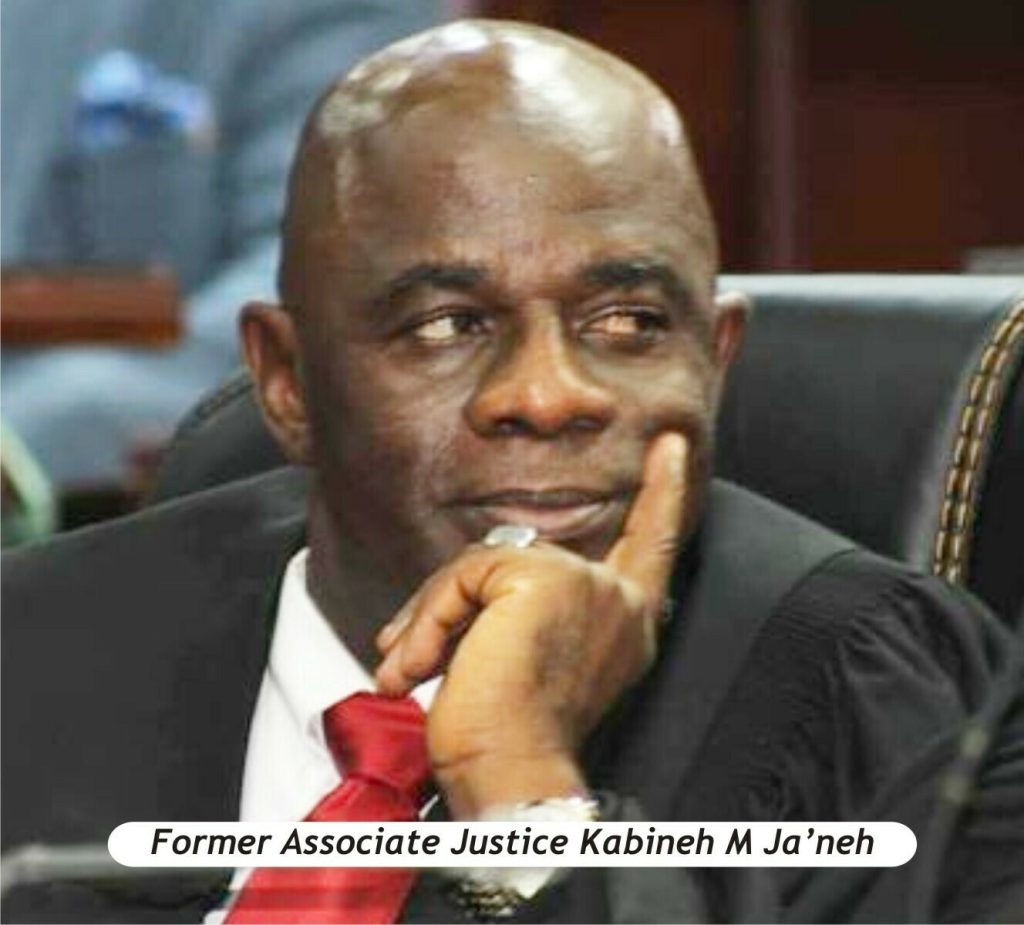The legality of Liberia’s 2025 National Budget, recently passed amidst controversy, is set to be challenged in court by former Associate Justice Kabineh M. Ja’nah. Ja’nah asserts that the budget’s passage was illegal and has mobilized fellow lawyers to file a lawsuit immediately upon President Boakai’s signature. Their primary objective is to seek a Legal Declaratory of Properties from the Supreme Court, requesting a definitive ruling on whether the budget’s passage adhered to legal requirements. They intend to initiate proceedings in the lower courts and subsequently appeal to the Supreme Court, aiming to establish a clear precedent for future budgetary processes. The crux of their argument revolves around the alleged procedural irregularities during the budget’s passage, raising concerns about its validity and adherence to constitutional mandates.
The controversy surrounding the budget stems from its passage by a majority bloc within the House of Representatives at the Monrovia City Hall (MCC) during a special emergency session. This action was followed by unanimous concurrence from the Liberian Senate, with 19 out of 30 senators voting in favor. However, the legality of these procedures has been called into question, particularly by House Speaker J. Fonati Koffa, who labeled the majority bloc’s actions as “ultra vires,” a legal term signifying actions exceeding legal authority. This raises significant concerns about the validity of the entire budgetary process and its potential repercussions for the government’s fiscal operations.
The US$880.07 million budget, crucial for funding government services and development projects, has become a focal point of legal and political contention. Its passage through what some consider irregular channels has triggered a constitutional crisis, with potentially far-reaching implications for Liberia’s governance. The impending legal challenge underscores the importance of adhering to established legal procedures in enacting legislation, especially one as fundamental as the national budget.
Ja’nah’s legal challenge seeks to ensure adherence to constitutional principles and maintain the integrity of the legislative process. The outcome of this case will significantly impact not only the 2025 fiscal year but also set a precedent for future budgetary procedures. The court’s decision will ultimately determine the legality of the budget and influence how future legislative actions are conducted, thereby shaping Liberia’s legal and political landscape. The Supreme Court’s interpretation of the law in this case will have far-reaching consequences, establishing a benchmark for the legality of legislative procedures.
The legal battle over the 2025 National Budget illuminates the ongoing tension between different branches of the Liberian government, highlighting the checks and balances inherent in a democratic system. The judiciary’s role in interpreting the law and ensuring adherence to constitutional principles is paramount in resolving this dispute. This legal challenge represents a critical juncture in Liberia’s governance, potentially reshaping the relationship between the executive, legislative, and judicial branches. The outcome will not only determine the fate of the 2025 budget but also set important legal precedents for the future.
This legal challenge signifies a broader debate about the balance of power and the proper exercise of authority within the Liberian government. The outcome of this case will have significant implications for the country’s political and economic stability. The court’s decision will determine the validity of the budget and set a crucial precedent for future legislative procedures, shaping the future of governance in Liberia. The ensuing legal process will be closely watched by both national and international observers, as it carries significant implications for Liberia’s political and economic landscape.


